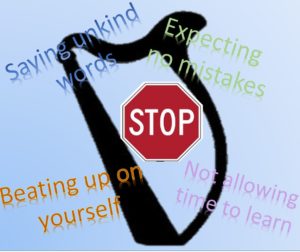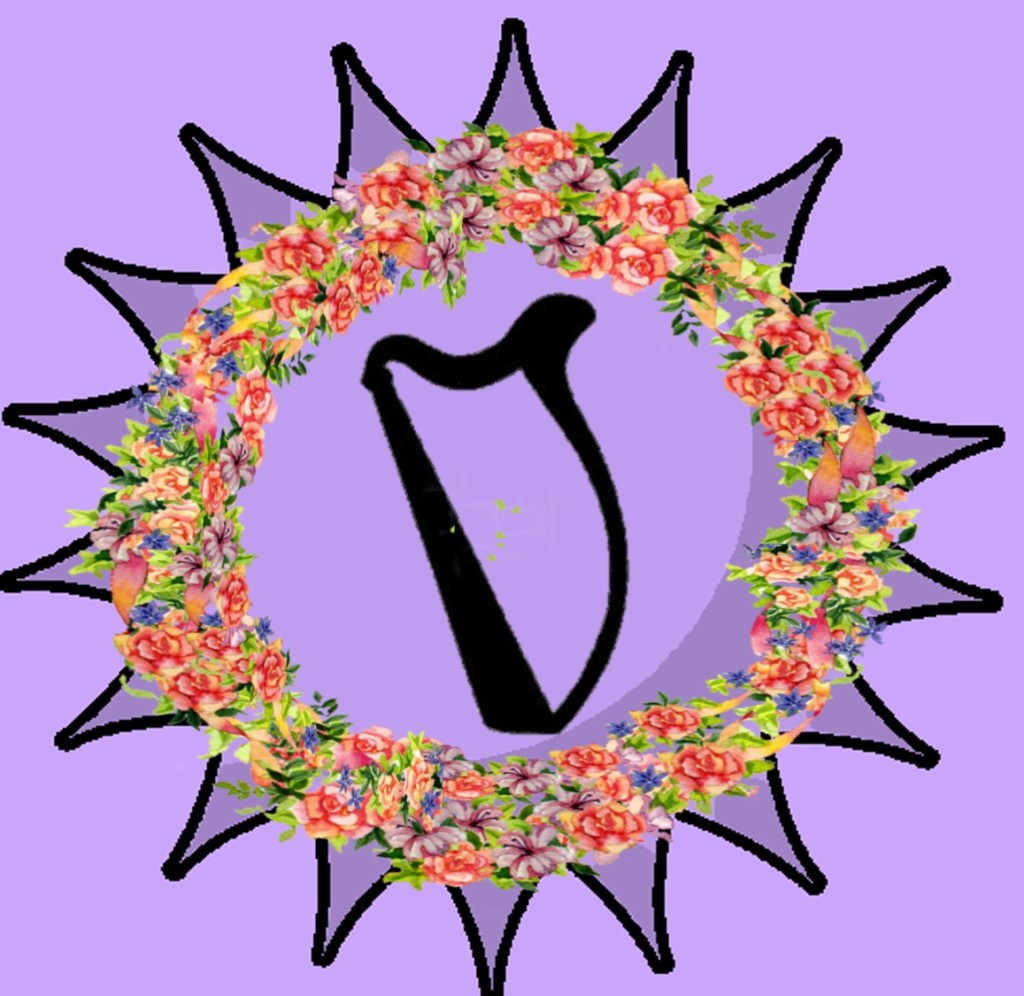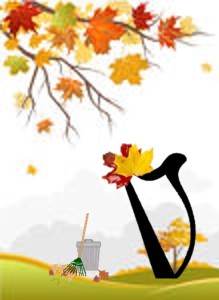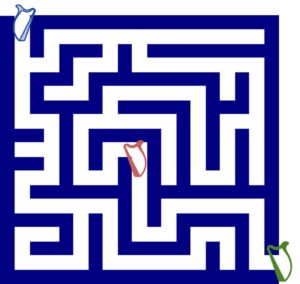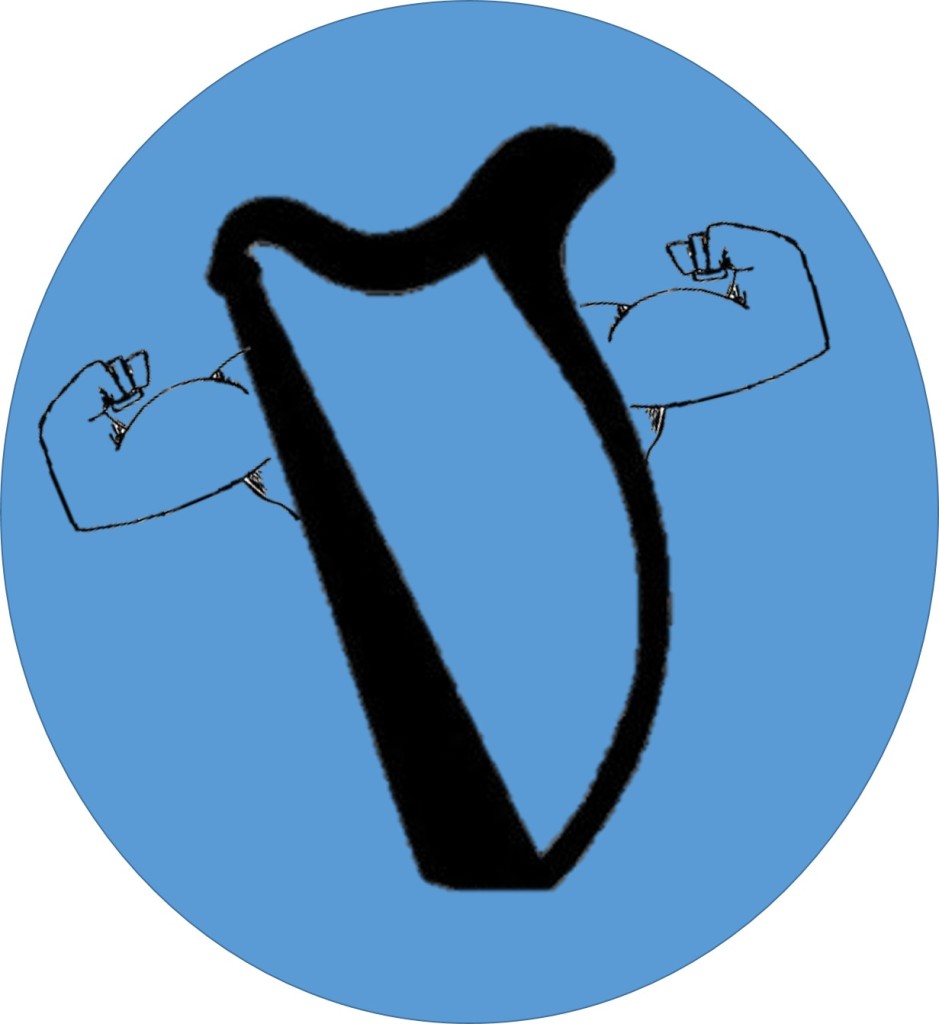You know that I am always suggesting that you develop a journal. I have told you that writing things down will help you in the long run. And I bet you believed me. And I’m nearly as sure that you still haven’t started journaling.
You’ve probably told yourself that journaling would be good for other people – those that have less experience than you do, those that have more experience, those that are professionals, those that are hobbyists, et cetera, ad nauseum.
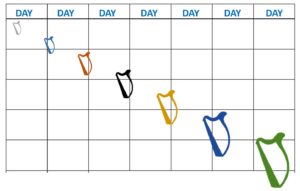 Because journaling is like cod liver oil – yes it’s good for you, as long as “you” refers to someone else!
Because journaling is like cod liver oil – yes it’s good for you, as long as “you” refers to someone else!
But look at this way – writing it down will help you remember…where you’re going…where you’ve been…what you’ve been through to get from one to the other. And this is important because it will allow you to see small, incremental changes in your playing.
Because no one makes giant leaps every time! We all progress in little (tiny? minute?) steps. And those small steps ahead are difficult to see – especially if you (actually do) practice every day! It is a forest and trees problem – it’s just perspective. Regardless of the metaphor – we are not especially good at seeing our little victories. Ever notice how your nails always need cutting but you can never catch them growing?! Same thing!
You wouldn’t wake up and say, “I think I’ll run a marathon today”. You know it would take a lot of work and exercise. You would build up – slowly, over time, while you adjust to the work.
You do the same thing with your music – with incremental progress you will be able to do amazing things – by working at it a little over a long time. That’s not news – so you might as well help yourself by making your progress clear.
In effect, you can use your journal to catch your nails growing! And to see those little progress markers in every day.

